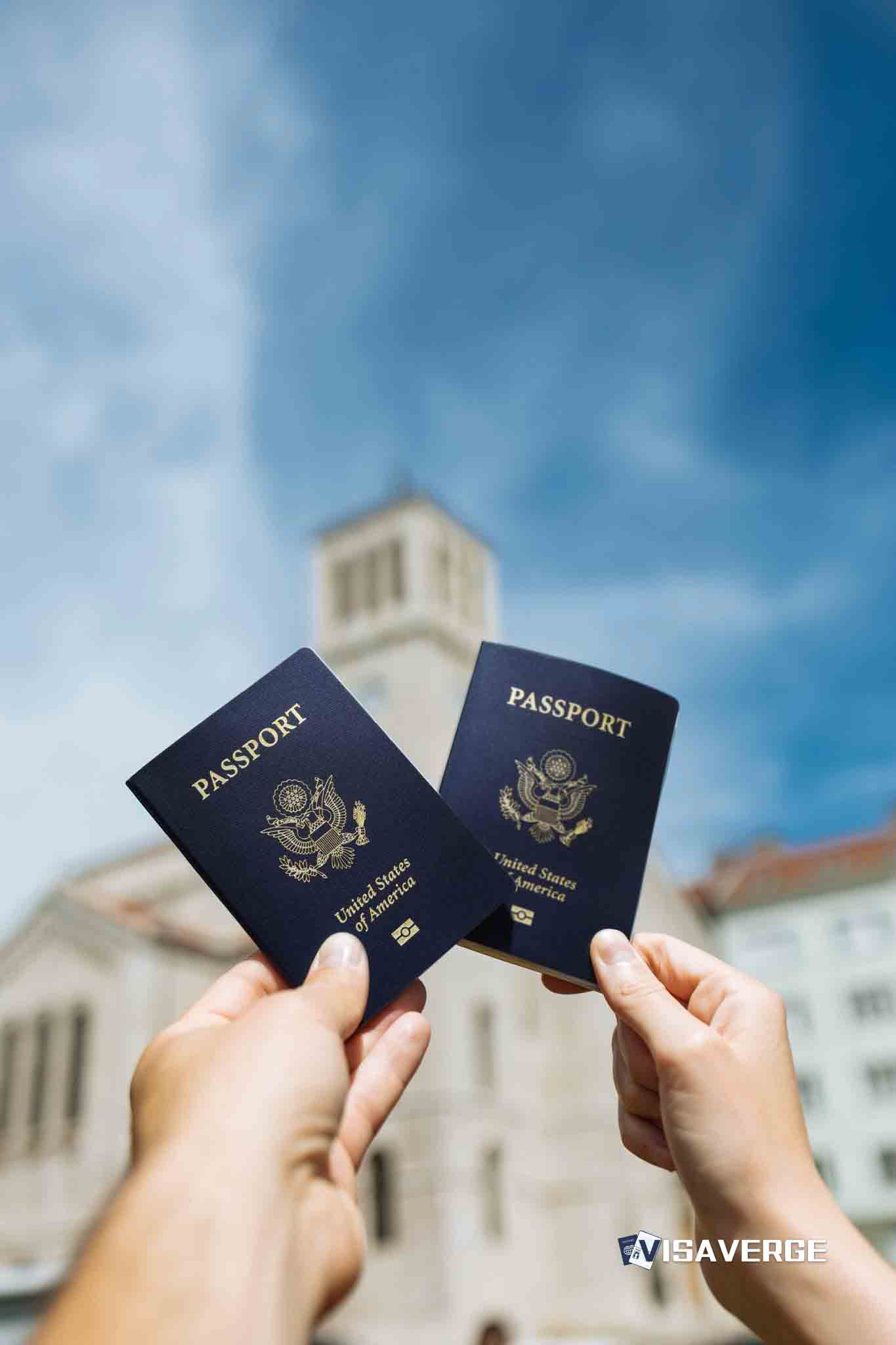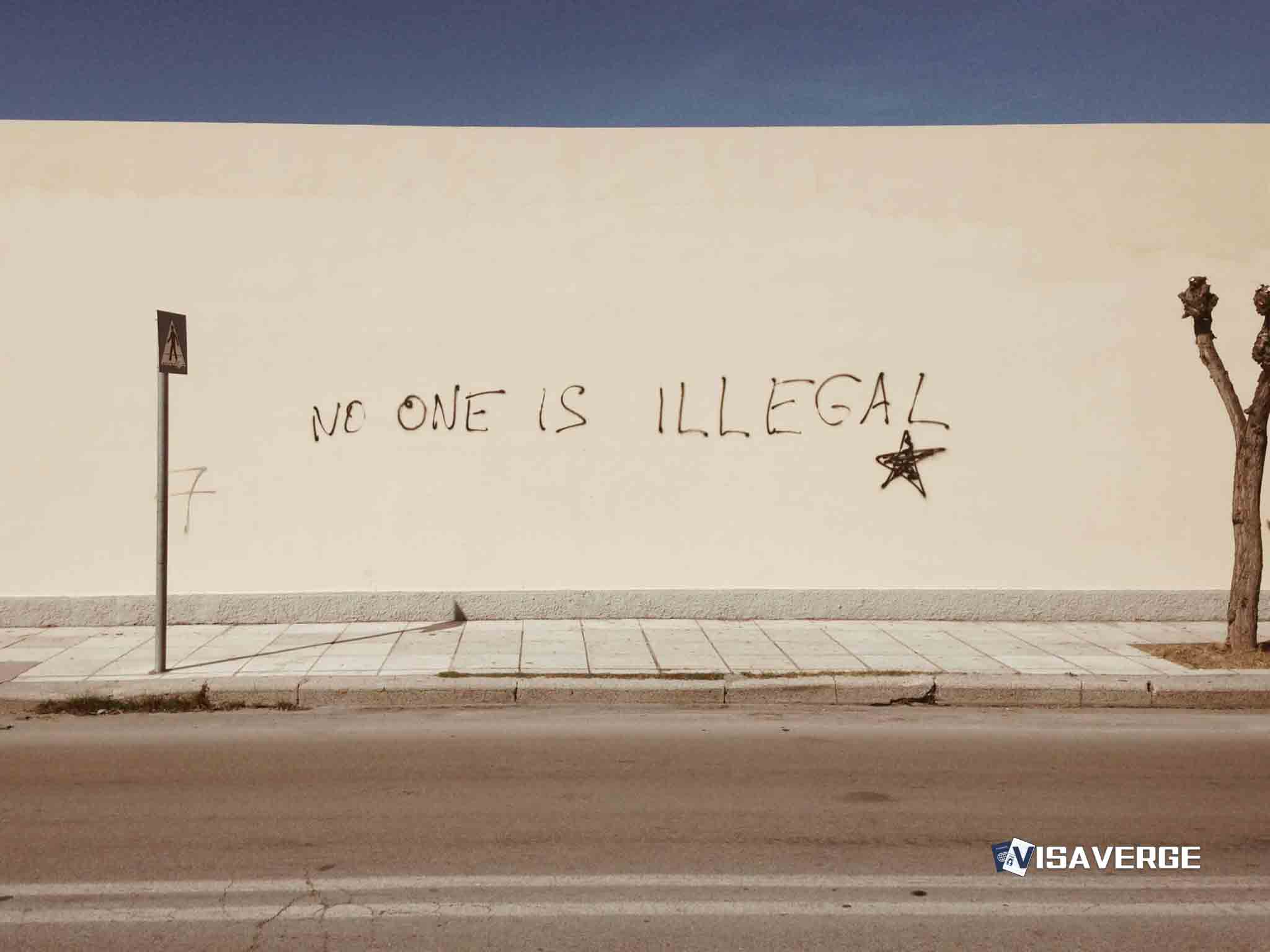Key Takeaways
• MPD prohibits assisting federal civil immigration enforcement under policy effective since 2005, reaffirmed June 6, 2025.
• Federal raids targeted a criminal group, sparking fear in immigrant communities of possible deportation actions.
• MPD officers cannot ask immigration status except in specific crimes; all federal assistance must be approved by Police Chief.
In early June 2025, the Minneapolis Police Department (MPD) found itself at the center of public attention after a series of federal raids shook south Minneapolis. These operations, led by agencies including the FBI, ATF, Department of Homeland Security, and ICE, targeted a suspected transnational criminal organization. The heavy federal presence, marked by armored vehicles and large teams of agents, sparked immediate concern among local residents—especially those in immigrant communities. Many feared these actions signaled a new wave of immigration enforcement or civil deportation raids.
Just three days after the raids, Assistant Police Chief Katie Blackwell issued a department-wide memo on June 6, 2025. This memo reminded all MPD personnel—both sworn officers and civilian staff—that they are strictly prohibited from assisting with any federal civil immigration enforcement activities. The message was clear: the Minneapolis Police Department does not participate in immigration enforcement, and this policy remains unchanged despite recent events.

This article explains what the MPD policy means, why it exists, how it works in practice, and what it means for immigrants, law enforcement, and the wider Minneapolis community.
What Happened: Federal Raids and the MPD Response
In early June 2025, eight federal raids took place across the Twin Cities. These operations were coordinated by multiple federal agencies, including the FBI, ATF, Department of Homeland Security, and ICE. The stated goal was to disrupt a criminal organization, not to conduct immigration sweeps. However, the scale and visibility of the raids led to widespread fear among immigrant communities. Many worried that these actions could be a prelude to broader immigration enforcement or mass deportations.
In response, Assistant Police Chief Katie Blackwell sent a memo to all MPD staff on June 6, 2025. The memo made it clear that:
- MPD personnel cannot respond to immigration enforcement-related activity.
- They cannot assist with crowd control or removal of people related to immigration enforcement.
- Any request for assistance with federal enforcement must be routed through the chain of command and approved by the Chief of Police or their designee.
Sgt. Garrett Parten, an MPD spokesperson, explained that the memo was a reminder of the department’s long-standing policy and the city’s legal requirements. The memo was first posted publicly by Alpha News and quickly circulated among community groups and local media.
The MPD’s Immigration Enforcement Policy: What Does It Say?
The Minneapolis Police Department’s policy on immigration enforcement is detailed in its Policy and Procedure Manual, Number 9-400, Volume Nine – Enforcement Policies, Immigration Matters. The most recent update to this policy was made on January 16, 2025, but the core principles have been in place for over 20 years.
Key points of the policy include:
- No Immigration Enforcement: MPD does not enforce federal immigration laws. Officers are not allowed to participate in immigration raids or help federal agencies with civil immigration enforcement.
- No Status Inquiries: Officers cannot ask anyone about their immigration status, except in very limited situations. The only exception is when they are investigating criminal cases where immigration status is a direct part of the crime, such as human trafficking or smuggling.
- City Ordinance: Minneapolis Ordinance §19.30 makes it illegal for local law enforcement to take actions for the purpose of detecting undocumented persons or verifying immigration status, except in the narrow cases mentioned above.
- Community Trust: The policy is designed to make sure everyone in Minneapolis, no matter their immigration status, feels safe calling the police or asking for help.
Chief Brian O’Hara, who leads the department, has repeatedly stated that this policy is essential for building trust and keeping the community safe. According to analysis by VisaVerge.com, the MPD’s approach is seen as a model for other cities with large immigrant populations.
Why Does This Policy Exist?
The main reason for the MPD’s policy is to build and maintain trust between the police and all members of the community, including immigrants and refugees. Many people in immigrant communities are afraid to contact the police because they worry it could lead to questions about their immigration status or even deportation. If people are too scared to report crimes or cooperate with police, it makes the whole city less safe.
Chief O’Hara has explained that involving local police in immigration enforcement would have a “chilling effect” on community trust. People might stop reporting crimes, refuse to testify as witnesses, or avoid seeking help in emergencies. The policy is also meant to ensure that police services are available to everyone, regardless of where they were born or their legal status in the United States 🇺🇸.
How Does the Policy Work in Practice?
The MPD’s policy is very clear about what officers can and cannot do when it comes to immigration enforcement. Here’s how it works step by step:
1. Encounter with Federal Immigration Enforcement
If federal agents (like ICE or Homeland Security) ask MPD officers for help with immigration enforcement, officers must say no—unless the request is part of a criminal investigation where immigration status is a key part of the crime (such as human trafficking or smuggling).
2. Request for Assistance
If federal agents still want help, the request must go up the chain of command. Only the Chief of Police or someone the Chief chooses can approve any assistance. This rule makes sure that no officer acts on their own and that every request is carefully reviewed.
3. Community Interaction
During normal police work, officers are not allowed to ask people about their immigration status. They must provide services and protection to everyone, no matter their status.
4. Reporting and Documentation
If there is a request for help with federal enforcement, officers must document the request and the decision made by the chain of command. This creates a clear record and helps ensure the policy is followed.
For more details, the full MPD Policy and Procedure Manual, 9-400 Immigration Matters, is available on the City of Minneapolis website.
What Does the Law Say?
The MPD’s policy is backed by local law and city ordinance. Minneapolis Ordinance §19.30 says that police cannot take action just to find out if someone is undocumented or to check their immigration status. The only exception is for criminal investigations involving crimes like human trafficking or smuggling, where immigration status is part of the crime itself.
Federal law also plays a role. According to 8 U.S.C. §1101, only federal agencies like USCIS and ICE have the authority to enforce immigration laws. Local police are not required to help with civil immigration enforcement.
Community Reaction and Concerns
The federal raids in June 2025 caused a lot of fear and confusion in south Minneapolis, especially among immigrants. Many people worried that the raids were the start of a new push for mass deportations. Community advocacy groups quickly organized protests and called for clear communication from city officials.
Local advocates said that even when the police are not involved, a large federal presence can make people feel unsafe. They worry that families might be separated or that people might be afraid to leave their homes. Some community members remain skeptical, fearing that local police might still cooperate with federal agents behind the scenes.
On the other hand, many community leaders and organizations praised the MPD’s memo and policy. They said it helps build trust and makes it more likely that people will report crimes or seek help when needed.
Law Enforcement Perspective
From the police department’s point of view, the policy is about public safety and effective policing. Chief O’Hara and Assistant Police Chief Katie Blackwell have both said that the department’s job is to protect everyone in Minneapolis, not to enforce federal immigration laws. Sgt. Garrett Parten, an MPD spokesperson, emphasized that clear reminders like the June 2025 memo are important for making sure all officers understand and follow the rules.
Police leaders believe that when people trust the police, they are more likely to cooperate, which helps solve crimes and keep neighborhoods safe. The policy also protects officers from getting involved in complicated legal situations related to immigration law.
Federal Agencies and Local Cooperation
Federal agencies like ICE and Homeland Security sometimes ask local police for help with immigration enforcement. Under the MPD’s policy, these requests are almost always declined unless they are directly related to a criminal investigation where immigration status is a key part of the crime.
Some federal officials have criticized this approach, saying it makes their job harder. However, the MPD and city leaders argue that their first responsibility is to the safety and trust of the local community.
Implications for Immigrant Communities
For immigrants living in Minneapolis, the MPD’s policy offers important protections:
- Reduced Fear: People do not have to worry that calling the police will lead to questions about their immigration status or risk of deportation.
- Access to Services: Everyone can access police services, report crimes, and seek help without fear.
- Community Trust: The policy is designed to make all residents feel safe and included, regardless of where they were born.
Advocacy groups continue to monitor federal enforcement activities and push for strong protections for immigrant rights.
Ongoing Reform and Future Outlook
The MPD’s policy is part of a broader effort to reform policing in Minneapolis. Mayor Jacob Frey recently signed an executive order to strengthen police reform, which may further support the department’s commitment to community trust and non-involvement in immigration enforcement.
At the federal level, changes in immigration enforcement policies—such as the January 31, 2025, ICE directive that removed protections for sensitive locations—could affect local communities. However, these changes do not directly impact the MPD’s policy, which is set by city law and department rules.
Community organizations are expected to keep a close watch on both local and federal actions, advocating for policies that protect immigrant families and ensure equal access to public safety.
Frequently Asked Questions
Can MPD officers ask about immigration status?
No. Officers are not allowed to ask about immigration status except in cases involving crimes like human trafficking or smuggling, where status is part of the crime.
What should I do if federal agents ask MPD for help with immigration enforcement?
MPD personnel must decline and refer the request up the chain of command for review and possible approval by the Chief of Police or their designee.
How does this policy affect community safety?
The policy is meant to build trust and make sure everyone feels safe reporting crimes and working with the police, regardless of immigration status.
Key Policy Points at a Glance
| Policy Aspect | Details | Effective Date |
|---|---|---|
| Non-involvement in immigration enforcement | MPD does not enforce federal immigration laws | Over 20 years (updated Jan 16, 2025) |
| No status inquiries | Officers cannot question immigration status (except specific crimes) | Jan 16, 2025 |
| Chain of command approval | Any federal assistance must be approved by Chief of Police or designee | June 6, 2025 memo |
| City ordinance | Minneapolis Ordinance §19.30 prohibits immigration enforcement actions | Longstanding |
Where to Find More Information
- MPD Policy and Procedure Manual, 9-400 Immigration Matters: City of Minneapolis Police Policy Manual
- Minneapolis Ordinance §19.30: Available through the City of Minneapolis legal code.
- Minnesota Attorney General’s Office Guidance: Offers advice on ICE enforcement in sensitive locations.
- MPD Public Information Office: Phone: 612-673-5800 | Email: [email protected]
Conclusion: What This Means for Minneapolis
The Minneapolis Police Department’s policy of non-involvement in federal immigration enforcement is a clear and long-standing commitment to community trust and public safety. The June 2025 memo from Assistant Police Chief Katie Blackwell serves as a strong reminder that the department’s role is to protect all residents, not to enforce federal immigration laws. This approach is supported by city ordinance and is designed to make sure everyone in Minneapolis—regardless of immigration status—can access police services and feel safe in their community.
As reported by VisaVerge.com, the MPD’s policy is seen as a model for other cities facing similar challenges. While federal enforcement actions may continue, the MPD’s clear stance helps reduce fear, build trust, and ensure that public safety remains the top priority for all who call Minneapolis home.
Learn Today
Federal Raids → Operations by federal agencies to target suspected criminal activity often involving multiple law enforcement bodies.
ICE → U.S. Immigration and Customs Enforcement, federal agency enforcing immigration laws and deportations.
Chain of Command → Hierarchy structure for approval and decision-making within police leadership for actions or requests.
Minneapolis Ordinance §19.30 → Local law prohibiting police from detaining or questioning for immigration status except in narrow criminal cases.
Civil Immigration Enforcement → Non-criminal immigration law actions like detaining or deporting individuals without criminal charges.
This Article in a Nutshell
In June 2025, Minneapolis Police clarified they do not assist federal immigration enforcement despite visible federal raids targeting crime groups. The longstanding policy protects immigrant communities by ensuring police focus only on public safety, fostering trust, and preventing fear that police collaboration might lead to deportation or immigration status questions.
— By VisaVerge.com













